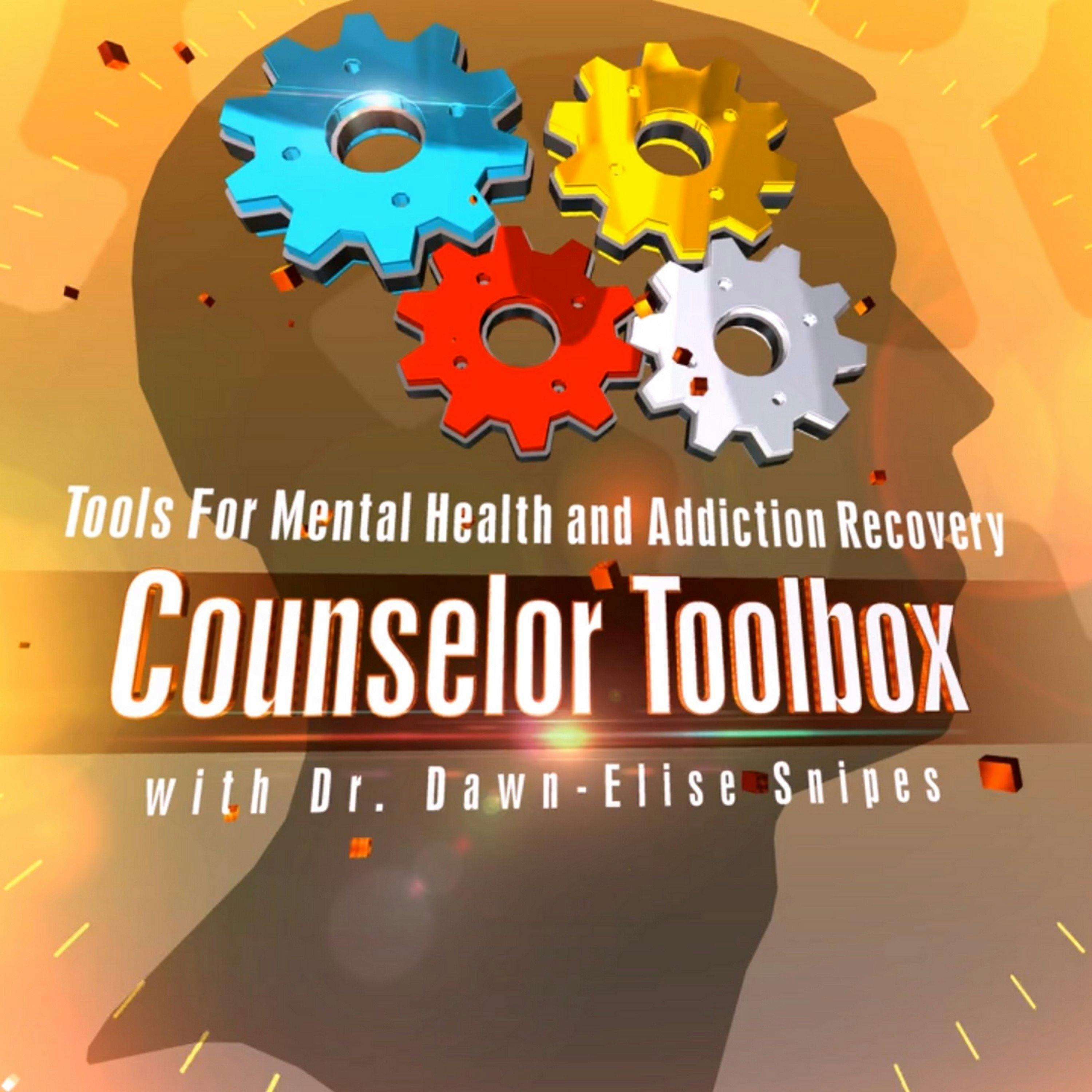Secrets of Overcoming Complicated Grief _ Counselor Education
Description
Introduction
Understanding Grief and Loss
Definitions
Types of Losses
Complicated Grief and Prolonged Grief Disorder
Complicated Grief:
Grief that does not follow a typical pattern and remains unresolved, leading to significant distress and impairment.
The Inventory of Complicated Grief can be used six months after a loss to assess if grief is resolving as expected.
Prolonged Grief Disorder:
Newly added to the DSM-5-TR, applies specifically to grief following the death of a close person.
Symptoms overlap with complicated grief but are strictly related to the death of a person.
Risk Factors for Complicated Mourning
Survivor Characteristics:
Age: Younger individuals may struggle more due to egocentric thinking and difficulty understanding the big picture.
Physical and Mental Health: Chronic pain, mental health issues, and physical reminders of the loss can complicate grief.
Cognitive Understanding: A person’s ability to comprehend the loss and its implications.
Personality and Character Traits: Traits like abandonment anxiety, insecure attachment, or codependency can complicate mourning.
Socioeconomic Status: Financial stress can exacerbate grief.
Spiritual Factors: Beliefs about life after death and the meaning of loss.
Nature of the Loss:
Trauma: Losses that are traumatic, unexpected, or involve multiple losses can complicate mourning.
Circumstances: The context of the loss, such as a sudden or violent death, impacts grief.
Resources: The availability of support immediately after the loss can influence the grief process.
Relationship with the Lost Person: The depth and quality of the relationship, as well as the role the person played in the survivor’s life.
Tasks for Grief Resolution
Acknowledge the Reality of the Loss: Accept that the loss has occurred and its implications.
Manage Emotional Responses: Engage with the pain of the loss while being supported physically, emotionally, and spiritually.
Redefine the Relationship with the Lost Person or Thing: Shift from a present-focused relationship to one of memory.
Develop a New Self-Identity: Adapt to life without the lost person or thing.
Find Meaning in the Loss: Explore the purpose and significance of the loss in the survivor's life.
Experience Continued Support: Maintain supportive connections with others.
Models of Grieving
Wolfelt’s Six Reconciliation Tasks:
Acknowledge the reality of the loss.
Move toward the pain of the loss while being nurtured.
Convert the relationship with the lost entity to one of memory.
Develop a new self-identity without the lost entity.
Find meaning in the loss.
Experience a continued supportive presence.
Rando’s Three Phases of Grieving:
Avoidance: Recognizing the loss and developing an understanding of what happened.
Confrontation: Experiencing and expressing the pain of the loss.
Accommodation: Readjusting to a new life without the lost entity, while maintaining memories.
Impact of Grief
Physical: Sleep disturbances, fatigue, changes in appetite, and increased vulnerability to illness.
Interpersonal: Withdrawal, isolation, irritability, and changes in relationships.
Cognitive: Difficulty concentrating, short-term memory loss, and obsessive thoughts.
Environmental: Changes in living situations or routines.
Spiritual: Challenges to beliefs and the search for meaning.
Conclusion
Chapters:
00:00:00 - Introduction to Complicated Grief
00:07:15 - Various Losses and Grief
00:14:22 - Factors that Impact Complicated Mourning
00:21:34 - Grieving the Empty Nest
00:28:13 - Dealing with the Loss of a Pet
00:35:23 - Physical and Interpersonal Symptoms of Grief
00:42:19 - Dealing with Other People's Reactions to Loss
00:48:59 - Coping Strategies for Grief
00:55:58 - Grief Processes and Support
01:02:52 - Understanding the Nature of Sudden Death
Learn more about your ad choices. Visit megaphone.fm/adchoices
More Episodes
Learn more about your ad choices. Visit megaphone.fm/adchoices
Published 11/21/24
Published 11/21/24
Introduction
Presenter: Dr. Dawn-Elise Snipes discusses helping families navigate life transitions using the Flower Empower Model.
The focus is on understanding how various transitions impact both individuals and families, emphasizing the importance of supportive partnerships between...
Published 11/19/24


